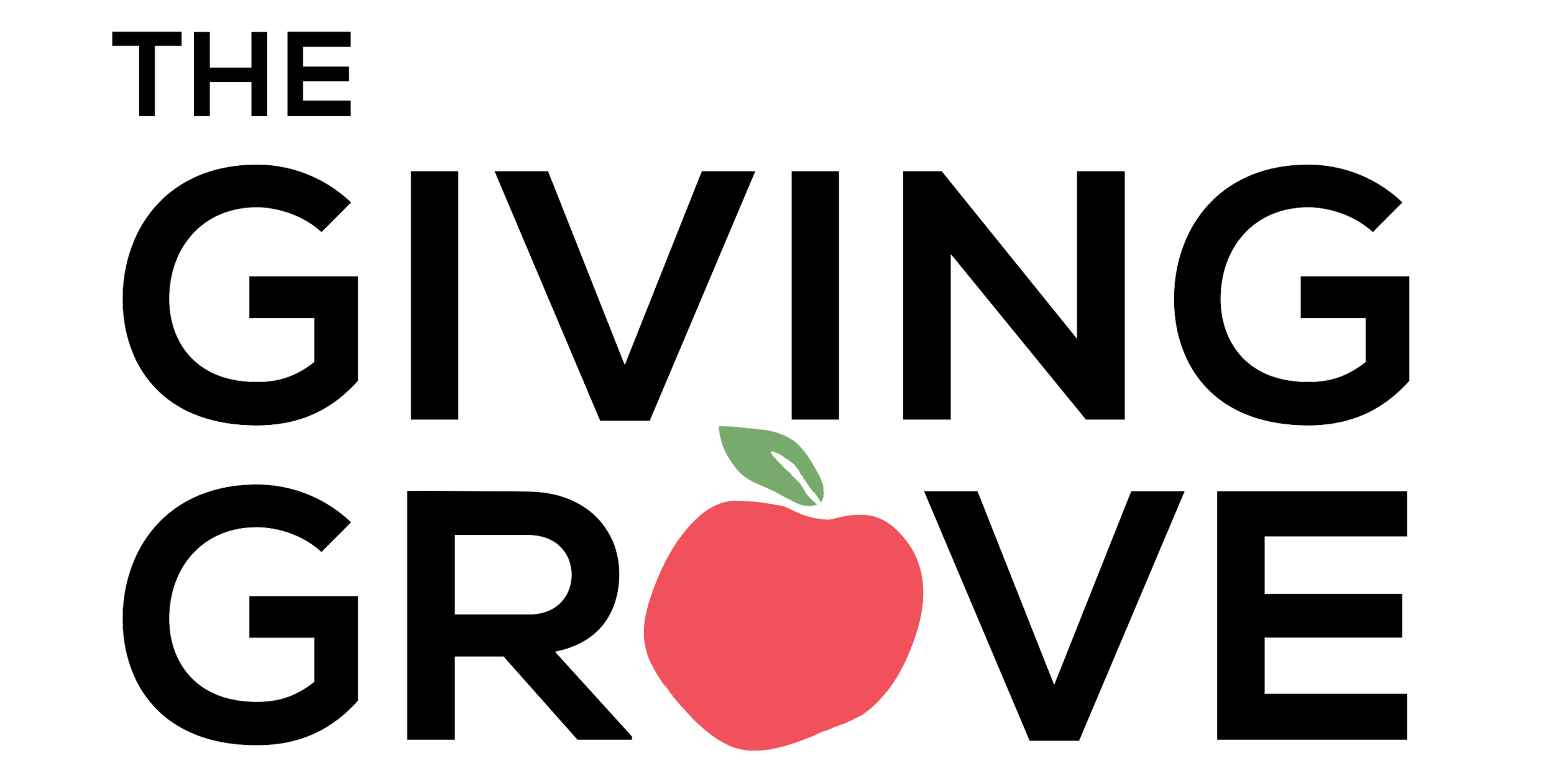Tips to Engage Community in your Orchard
Each month, we share expert-led training sessions to help community orchard stewards grow and care for thriving fruit trees. On this page, you’ll find a recorded workshop, a summary of key takeaways, and additional resources to deepen your knowledge. Be sure to explore past workshops for even more insights into urban orcharding best practices!
Interested in attending a workshop? Sign up for our workshop series email list!
(Don’t have time to watch an hour-long workshop, check out this quick tutorial!)
Workshop Summary:
Create Signage
Examples: in-ground, hanging on a tree, hand created, professionally done
Think about: biodegradable materials, not girdling trees, languages, QR codes
Establish Workdays
Examples: regular work days with clear descriptions so people know what to expect, what to bring and time commitment
Think about: welcoming new people - what’s in your orchard? Easy tasks for newbies (not EVERYONE gets a pruner or lopper…) sometimes mulching, weeding, watering, bloom thinning, sign making, trash pickup… pruning and ladder work, spraying, can be steward jobs/trained jobs.
Conduct Asset Based Community Development
Examples: use an online mapping tool to start getting ideas. Walk around with new eyes.
Think about: what kind of support you want. Volunteers? Funding?
Reaching out to local organizations as partners (i.e. labor help, Boy Scouts for bat boxes)
Use Data
Examples: data can be interesting to you and to the community. Do you know how much carbon your orchard sequesters? Or rain water it captures? Use:
Do you know what the canopy looks like in your neighborhood? Use https://www.treeequityscore.org/ to find out
Think about: how you can use the data - volunteer engagement? Funding opportunities with local businesses? Advocacy and policy change?
Have Celebrations
Examples: celebrations can be big or small. What are your talents? What do you like to do? Birthday party, art project, wassailing event, summer games, starlight concert and open mic night, pie or jam contest…
Think about: what’s easy and affordable? How will you get people there? Who can help?
Community Assets:
Physical Spaces and Facilities
Parks and Green Spaces: Local parks, gardens, orchards, nature trails, and community spaces.
Schools and Universities: Public schools, colleges, and universities with agriculture, environmental, or community outreach programs.
Libraries: They often host community events and have resources for networking.
Recreation Centers: Gyms, sports clubs, or youth centers that could host events or offer volunteers.
Churches and Faith-Based Centers: Many have strong volunteer networks or existing outreach programs.
Community Centers: Spaces for workshops, events, or public meetings.
Farmers Markets: Hubs for local food producers and artisans.
People and Groups
Community Leaders: Local influencers, elected officials, or neighborhood advocates.
Educators: Teachers, school administrators, or university faculty.
Garden Clubs: Established gardening groups often interested in urban agriculture.
Nonprofits and Advocacy Groups: Organizations focused on sustainability, food security, or public health.
Civic Organizations: Rotary Clubs, Lions Clubs, or local business associations.
Artists and Creatives: Local artists, musicians, or performers who could engage in events.
Organizations and Businesses
Small Businesses: Restaurants, cafes, or shops that support local agriculture.
Grocery Stores & Supermarkets: They may partner on food programs or events.
Farm Supply Stores: Sources of tools, materials, or potential sponsorships.
Food Banks and Pantries: Potential partners for produce donations/distribution
Healthcare Providers: Clinics or hospitals interested in public health initiatives.
Infrastructure and Communication
Transportation Hubs: Bus stops, train stations, or carpool networks for accessibility.
Bulletin Boards: Local posting boards in stores, libraries, or cafes for outreach.
Social Media Groups: Neighborhood Facebook groups, Nextdoor, or local forums.
Community Newsletters or Papers: Great platforms for outreach and partnership opportunities.
Public Utilities: Water, electric, or waste companies that might sponsor sustainability projects.
Community-Based Programs
Youth Programs: Boy/Girl Scouts, 4-H clubs, or afterschool programs.
Local Food Initiatives: CSAs, food co-ops, or urban farming collectives.
Workforce Development Programs: Organizations helping residents gain new skills, often interested in sustainability projects.
Senior Centers: Retirees often have time, knowledge, and interest in community projects.
Composting Sites: Local compost drop-off or community composting locations.
Cultural Groups: Ethnic or cultural associations promoting heritage and community involvement.

